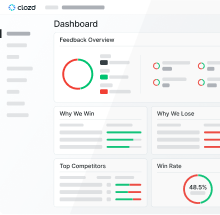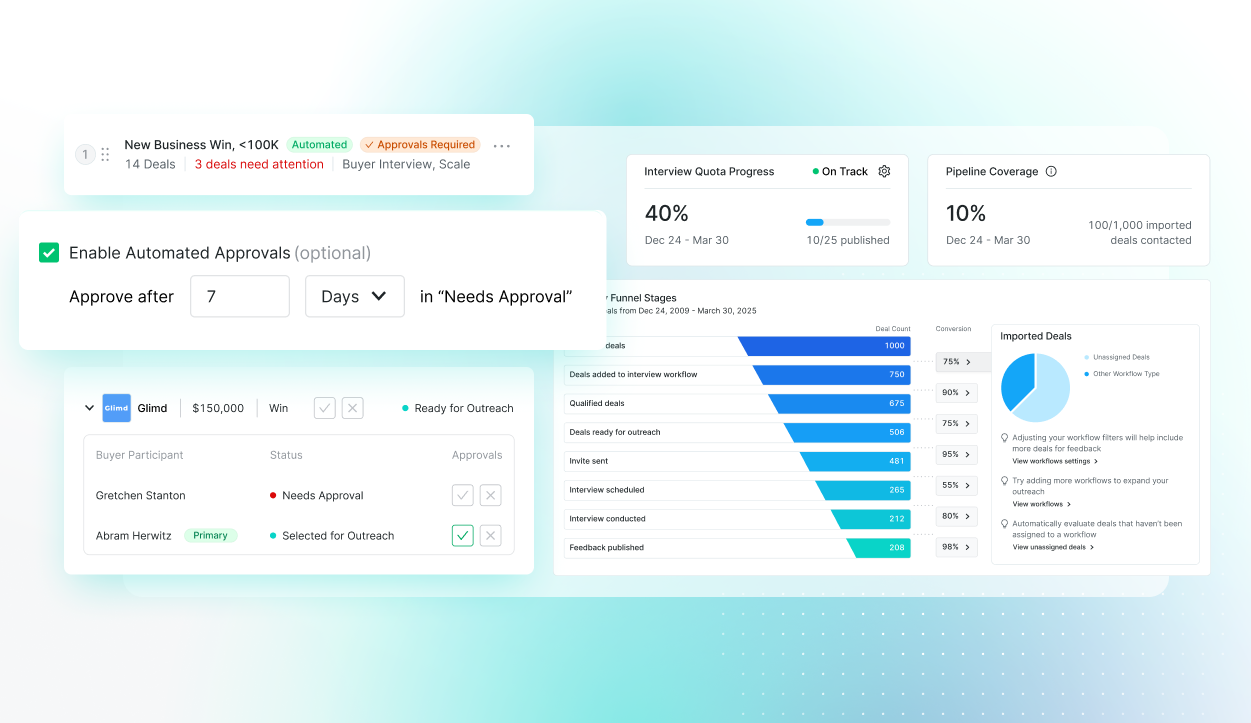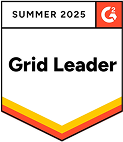
Whenever Clozd begins a win-loss analysis interview program with a client, a critical question is whether the program had executive sponsorship and certain key stakeholders’ support. Your efforts to establish a win-loss program are no exception to the rule that having executive alignment early in the process will elevate the likelihood of success.
Fortunately, the business case for win-loss is readily apparent for most senior leaders. According to Jeff Chamberlain, a senior research director at Gartner, “Insight into why a company is winning or losing deals can inform overall strategic business planning.” Most leaders in every department—sales, product, marketing, and operations—spend a considerable amount of time strategizing to increase win rates. Win-loss programs arm each of these leaders with rich insight directly from their recent, high-priority prospects to understand how they made their final decision.
When individuals attempting to establish a win-loss program explain this goal and work with each functional leader, it results in a more comprehensive and transformational program. Leaders involved in the program design phase are more likely to adopt the findings later, resulting in the most significant improvements to overall win rates.
Personal Example of Executive Sponsorship of a Win-Loss Program
While working with several enterprise organizations, I’ve found that one of the clearest indicators that a program will have meaningful outcomes is based on who is present in an initial kick-off. One of these clients included the CEO, CMO, and the respective North American and EMEA sales heads. These leaders were prepared to discuss their current strategy, key concerns, and a few hypotheses they wanted to validate through buyer interviews.
Each stakeholder continued to consume the results in real-time and used the feedback to fuel important conversations among themselves and their departments. After just one quarter, they had created new talk tracks during the demo, adjusted the product roadmap, and created a new role in the sales process that directly resulted in a major win against a key competitor.
As you work with your internal teams, remind them that your initiative can give them a real-time view of their strategy execution. The more leaders you get on board, the stronger your return on investment will be.
.png)
Scott is a senior consultant at Clozd managing win-loss interview programs for companies like VMware, ADP, FireEye, FranklinCovey, and more.
Before Clozd, he managed Global Analyst Relations for SAP Qualtrics, a leading market research technology provider. Before analyst relations, he worked as a customer success manager, helping clients such as Prudential Financial, Porsche, Google, Proctor & Gamble, and more to implement and manage ongoing customer research programs. Scott also worked as an MBA intern for Nestle, where he helped develop the go-to-market strategy for a globally recognized brand.
Scott holds an MBA from Brigham Young University and a BS from the University of Utah.











.svg)


.jpg)

.jpg)


.webp)


.svg)

.svg)




